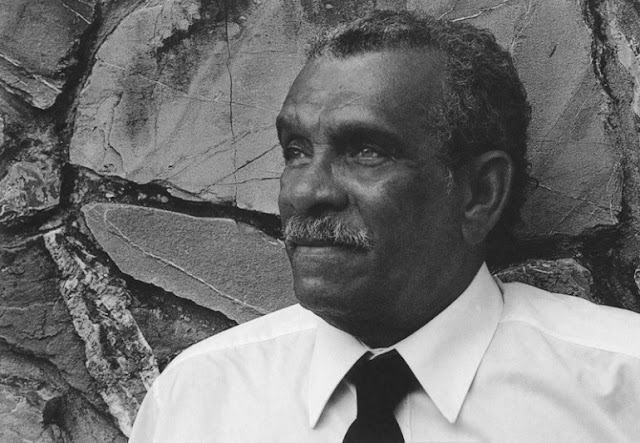Sea Canes

Half my friends are dead. I will make you new ones, said earth. No, give me them back, as they were, instead, with faults and all, I cried. Tonight I can snatch their talk from the faint surf's drone through the canes, but I cannot walk on the moonlit leaves of ocean down that white road alone, or float with the dreaming motion of owls leaving earth's load. O earth, the number of friends you keep exceeds those left to be loved. The sea canes by the cliff flash green and silver; they were the seraph lances of my faith, but out of what is lost grows something stronger that has the rational radiance of stone, enduring moonlight, further than despair, strong as the wind, that through dividing canes brings those we love before us, as they were, with faults and all, not nobler, just there. ******* ✍ Derek Walcott (Castries, Saint Lucia, 23 January 1930 ~ Cap Estate, Gros-Islet, Saint Lucia, 17 March 2017).

